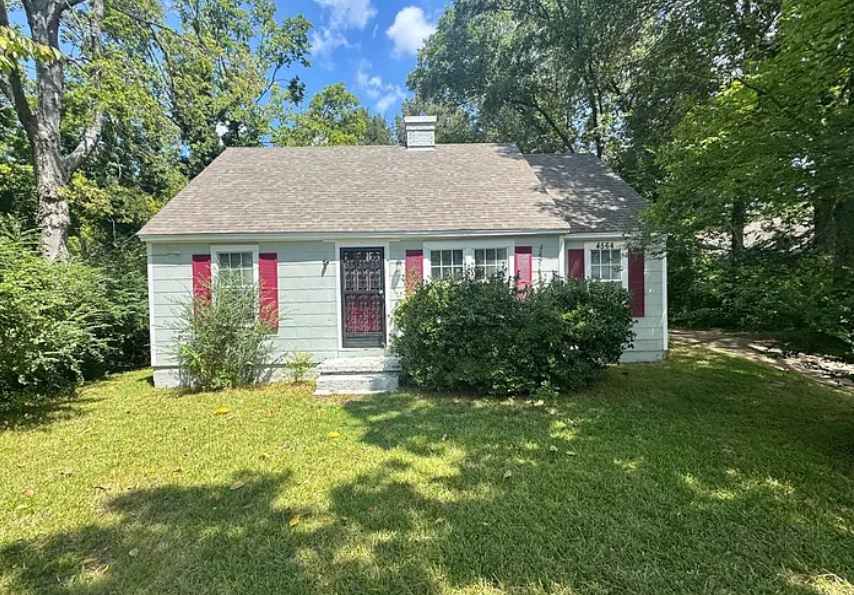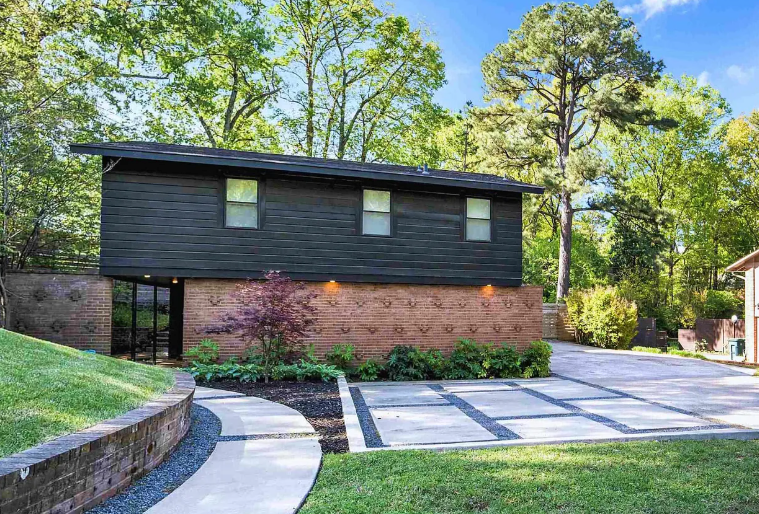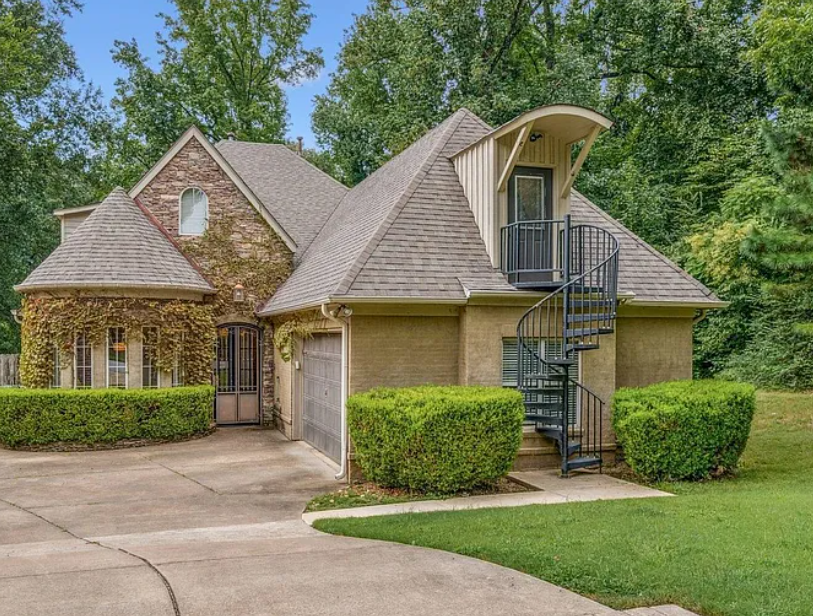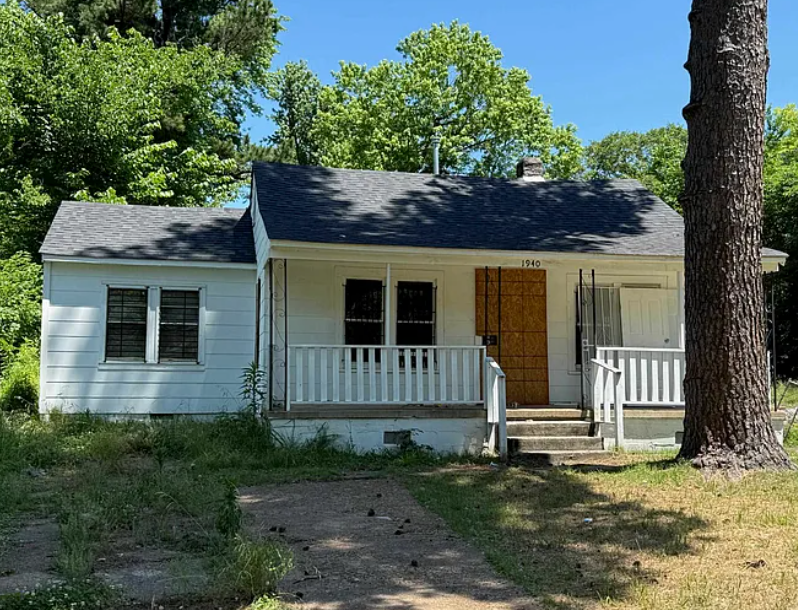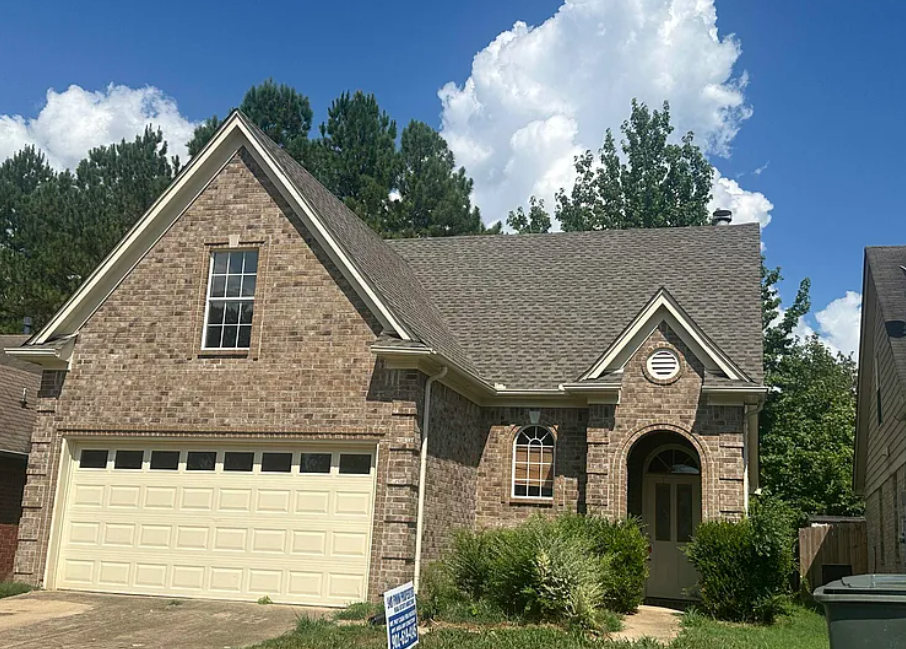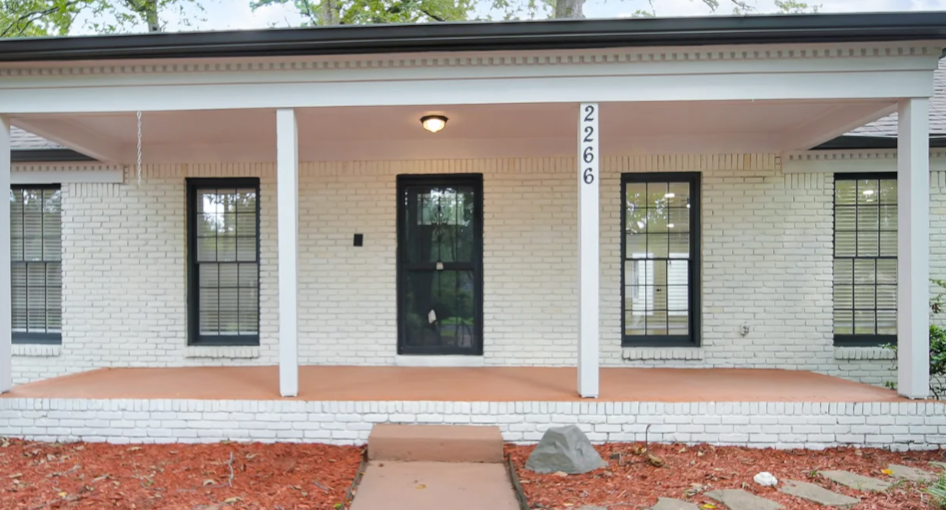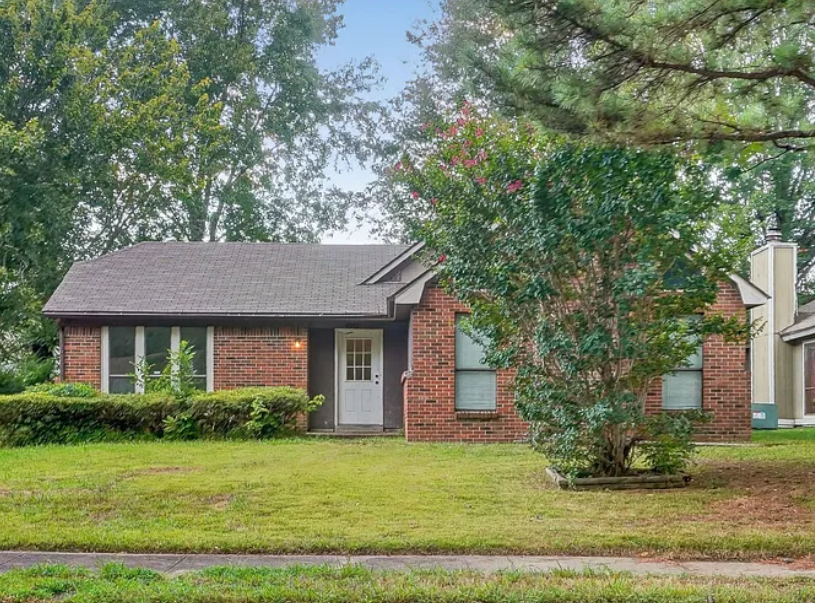Understanding Foreclosure Laws in Mississippi
Understanding Foreclosure Laws in Mississippi
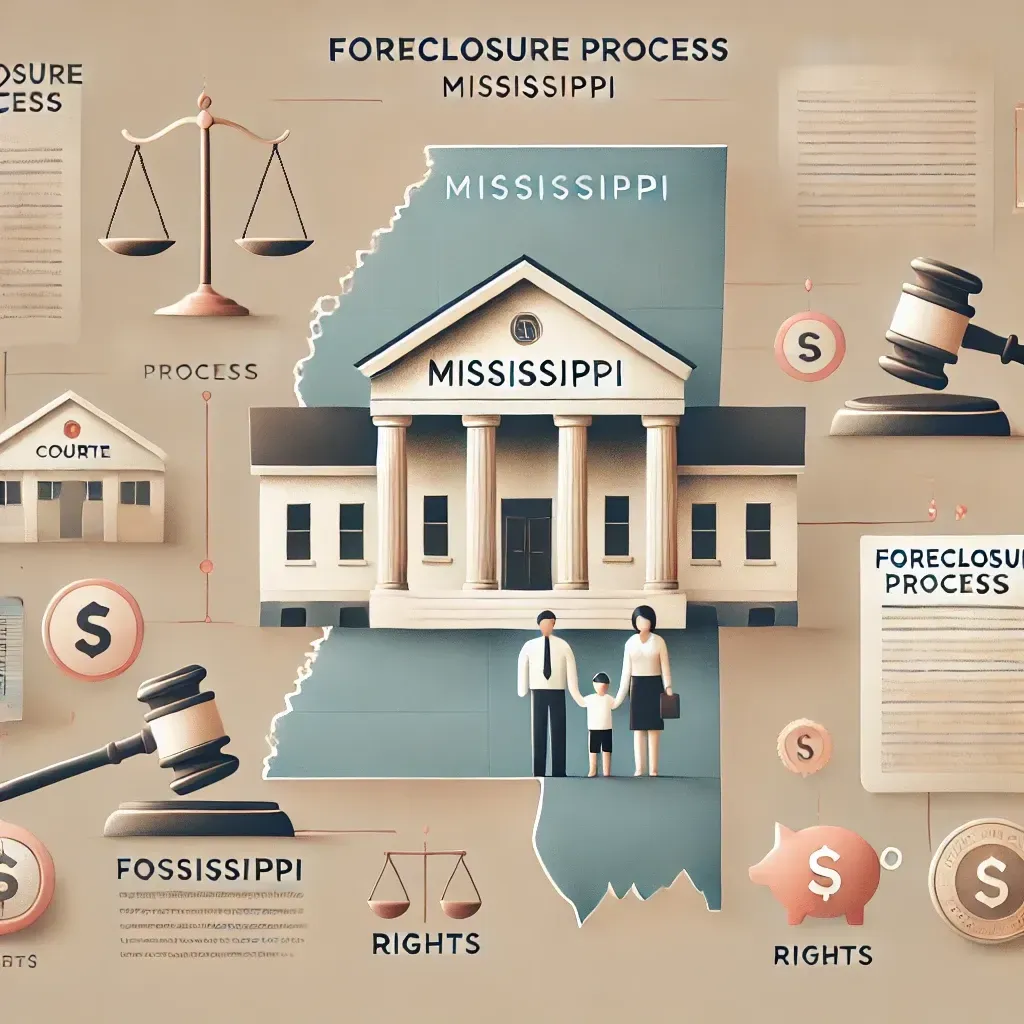
Understanding Foreclosure Laws in Mississippi- Navigating foreclosure laws in Mississippi can feel like walking through a maze, especially when you're already dealing with the stress of financial difficulties. With the shortest average foreclosure timeline in the U.S.—just over six months—Mississippi's process moves swiftly, leaving little room for error or delay. Understanding your rights and the state's unique procedures is crucial to protecting your property and making informed decisions.
In Mississippi, most foreclosures are nonjudicial, meaning they don't require court involvement. This can expedite the process but also means homeowners must be vigilant about receiving proper notice. A foreclosure notice is typically published in a local newspaper and at the courthouse, but direct notification isn't guaranteed. Knowing these intricacies can make a significant difference in your foreclosure journey.
Arming yourself with knowledge about Mississippi's foreclosure laws not only helps you anticipate potential outcomes but also equips you to explore options and defenses that might be available.
Overview of Foreclosure Laws in Mississippi
Mississippi's foreclosure laws are unique due to their swift timeline and mostly nonjudicial nature. Most foreclosures don't go through court, which accelerates the process. Generally, the lender proceeds to foreclosure following a 120-day delinquency in payments, as per federal guidelines. However, specific situations, like violations of due-on-sale clauses, may prompt earlier action.
In Mississippi, lenders aren't required to provide borrowers with direct foreclosure intent notices. Instead, they must publish a notice in a local newspaper for three consecutive weeks and post it at the courthouse where the property is located. This requirement highlights the importance of staying informed about foreclosure proceedings through public channels.
Deeds of trust often include a power of sale clause, allowing lenders to initiate nonjudicial foreclosure without needing a court order. Conversely, if no such clause exists, a judicial foreclosure is necessary. Judicial proceedings involve obtaining a court order to sell the property at a public auction.
Mississippi residents facing foreclosure should familiarize themselves with these laws. Although limited protections exist, being well-informed may offer avenues for addressing the impending foreclosure and exploring possible legal defenses.
Types of Foreclosure in Mississippi
Mississippi uses two primary foreclosure methods: judicial and nonjudicial. Understanding these types is key for anyone facing the foreclosure process.
Judicial foreclosure occurs when no power of sale clause exists in the mortgage or deed of trust. This process involves the lender filing a lawsuit to obtain a court order to foreclose. Once the court grants the order, the property is auctioned at a public sale to the highest bidder. Although more time-consuming, this method provides borrowers more opportunities to dispute or delay the foreclosure.
Nonjudicial Foreclosures
Nonjudicial foreclosure is common in Mississippi, often favored for its speed and simplicity. It relies on the presence of a power of sale clause in the mortgage or deed of trust. This clause authorizes the lender or a trustee to sell the property without court involvement if the borrower defaults. The lender must follow specific procedures, including publishing a notice in a local newspaper for three consecutive weeks and posting it at the courthouse. Without the right to redeem the property post-sale, borrowers need to stay vigilant during this process.
Mississippi Foreclosure Process
The Mississippi foreclosure process involves specific steps that ensure both lenders and borrowers understand their rights and obligations. In this state, most foreclosures proceed nonjudicially, expediting the repossession of properties.
Initiating the Foreclosure
In Mississippi, the foreclosure process often begins after a borrower falls 120 days behind on payments. Most foreclosures follow a nonjudicial process, as outlined in Mississippi statutes. When a power of sale clause exists in a mortgage or deed of trust, lenders can bypass the court and commence foreclosure directly, provided this is stipulated.
Notice Requirements
Notification plays a crucial role in Mississippi foreclosures to inform borrowers. Lenders must publish a notice of sale in a local newspaper for three consecutive weeks and on the courthouse door. However, direct notice to the homeowner isn't mandatory, so borrowers should proactively monitor public records and notices.
Foreclosure Sale
The foreclosure sale in Mississippi usually occurs at a public auction, where properties are sold to the highest bidder. Lenders use a credit bid, matching the borrower's debt, instead of cash. This offers an opportunity for lenders to reclaim the property efficiently if no higher bids exceed the owed amount.
Possession After Foreclosure
Once the foreclosure is finalized, the new property owner, typically the lender, gains possession rights. Borrowers have no redemption rights post-sale in a nonjudicial foreclosure. The new owner may start eviction proceedings if the previous homeowner doesn't vacate the premises promptly. Staying informed throughout the process helps in anticipating responsibilities and transitions after the sale.
Borrower Rights and Options
Understanding borrower rights and options in Mississippi is crucial during foreclosure. Homeowners have several avenues to address delinquency and potentially halt foreclosure proceedings.
Reinstating the Loan
Reinstating the loan involves bringing the mortgage current by paying overdue amounts plus fees and costs. Under Mississippi law Miss. Code Ann. § 89-1-59, a borrower can reinstate anytime before the property sale. This approach allows a homeowner to stop the foreclosure process by catching up on past-due payments.
Redeeming the Property
While Mississippi doesn't offer post-sale redemption rights for nonjudicial foreclosures, judicial foreclosures can involve redeeming the property. If a judicial foreclosure is pursued due to a lack of a power of sale clause, the borrower may have redemption rights depending on the case specifics and timelines set by the court involved.
Filing for Bankruptcy
Filing for bankruptcy immediately stops foreclosure proceedings due to the automatic stay enacted by the court. Chapter 13 bankruptcy allows homeowners to establish an installment plan to manage arrears over 3 to 5 years, providing a structured opportunity to keep their home. Chapter 7 bankruptcy offers a different route, focusing on discharging unsecured debts, though it might not halt foreclosure permanently. Prompt action is necessary, as bankruptcy must be filed before the foreclosure sale to protect the home effectively.
Deficiency Judgments in Mississippi
In Mississippi, lenders can obtain deficiency judgments after foreclosure if the sale proceeds don't cover the full loan amount. These judgments allow lenders to seek the remaining balance from borrowers. The action must commence within one year following the foreclosure sale to be valid. Mississippi law requires the winning foreclosure bid to reflect the property's fair market value, especially if the lender is the highest bidder. This ensures appropriateness and minimizes potential borrower's financial liabilities. Borrowers should understand that these judgments may significantly impact their financial circumstances post-foreclosure, as they remain liable for the unpaid loan portion.
Special Protections and Considerations
Mississippi foreclosure laws include unique protections for certain groups and situations. Understanding these provisions helps borrowers navigate the process more effectively.
Military Servicemembers' Protections
The Servicemembers Civil Relief Act (SCRA) offers critical protections for military personnel. It requires lenders to obtain a court order before proceeding with a foreclosure if the borrower is on active duty. This law ensures that military duties do not adversely impact foreclosures, offering stability during service.
Natural Disaster Relief
Natural disasters often lead to temporary relief measures. Mississippi acknowledges these situations by allowing the suspension of foreclosure proceedings to provide respite to affected homeowners. After a state or federal disaster declaration, lenders may offer forbearance or loan modification options to help those impacted recover financially. Understanding these relief avenues is essential for affected homeowners to maintain housing security during recovery periods.
Conclusion
Navigating foreclosure laws in Mississippi requires a keen understanding of the state's unique processes and timelines. Given the swift nature of nonjudicial foreclosures, it's crucial for homeowners to stay informed and proactive. Knowing your rights and options can make a significant difference in managing the foreclosure process effectively. Whether it's reinstating a loan, considering bankruptcy, or understanding deficiency judgments, being well-prepared can help mitigate the impact on your financial future. Additionally, special protections for military personnel and those affected by natural disasters offer vital support when needed most. By staying informed and exploring all available avenues, homeowners can better navigate the complexities of foreclosure in Mississippi.
Stop foreclosure before it's too late. Contact Atlas Property Investors at (601) 803-7241 today!
Request Your Offer Now
